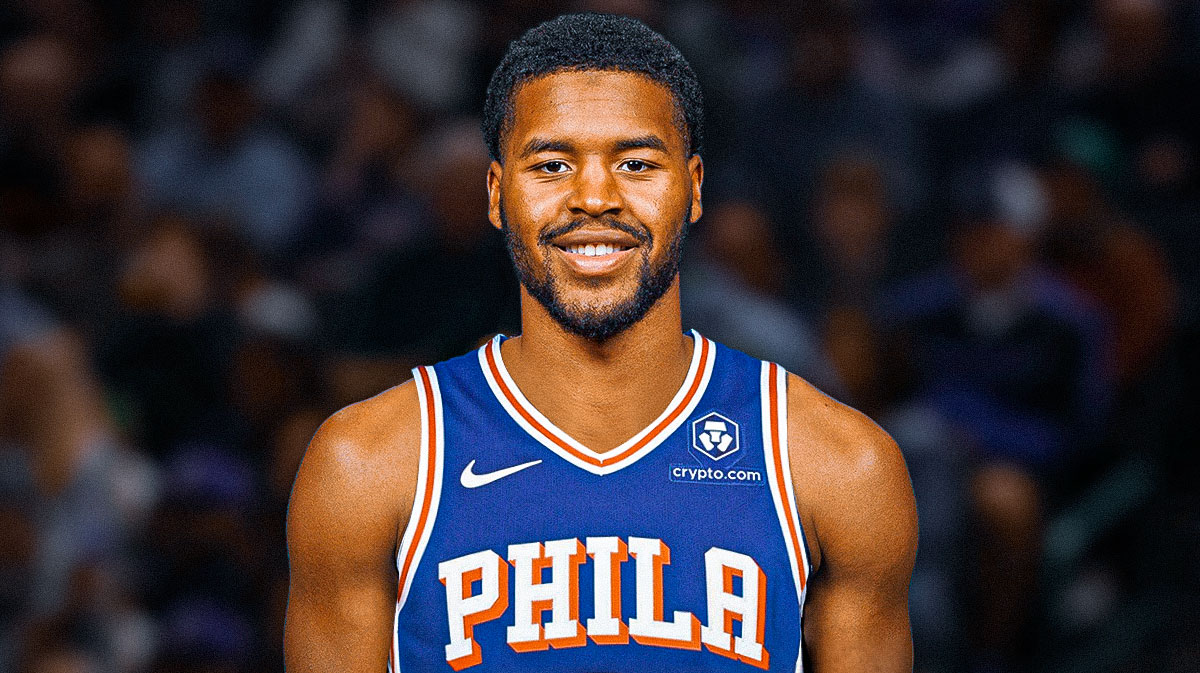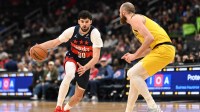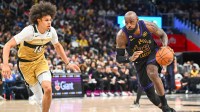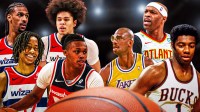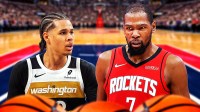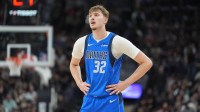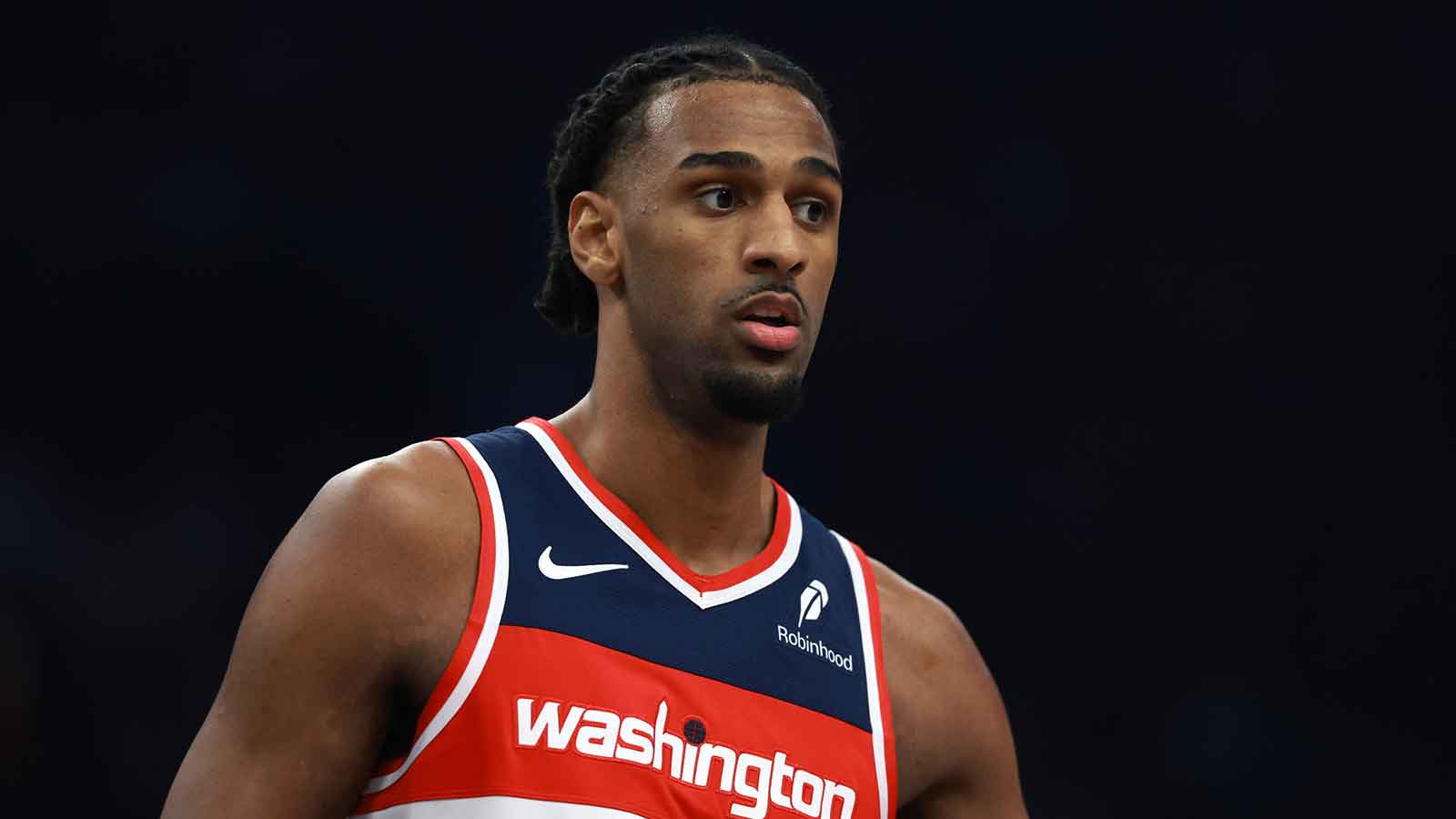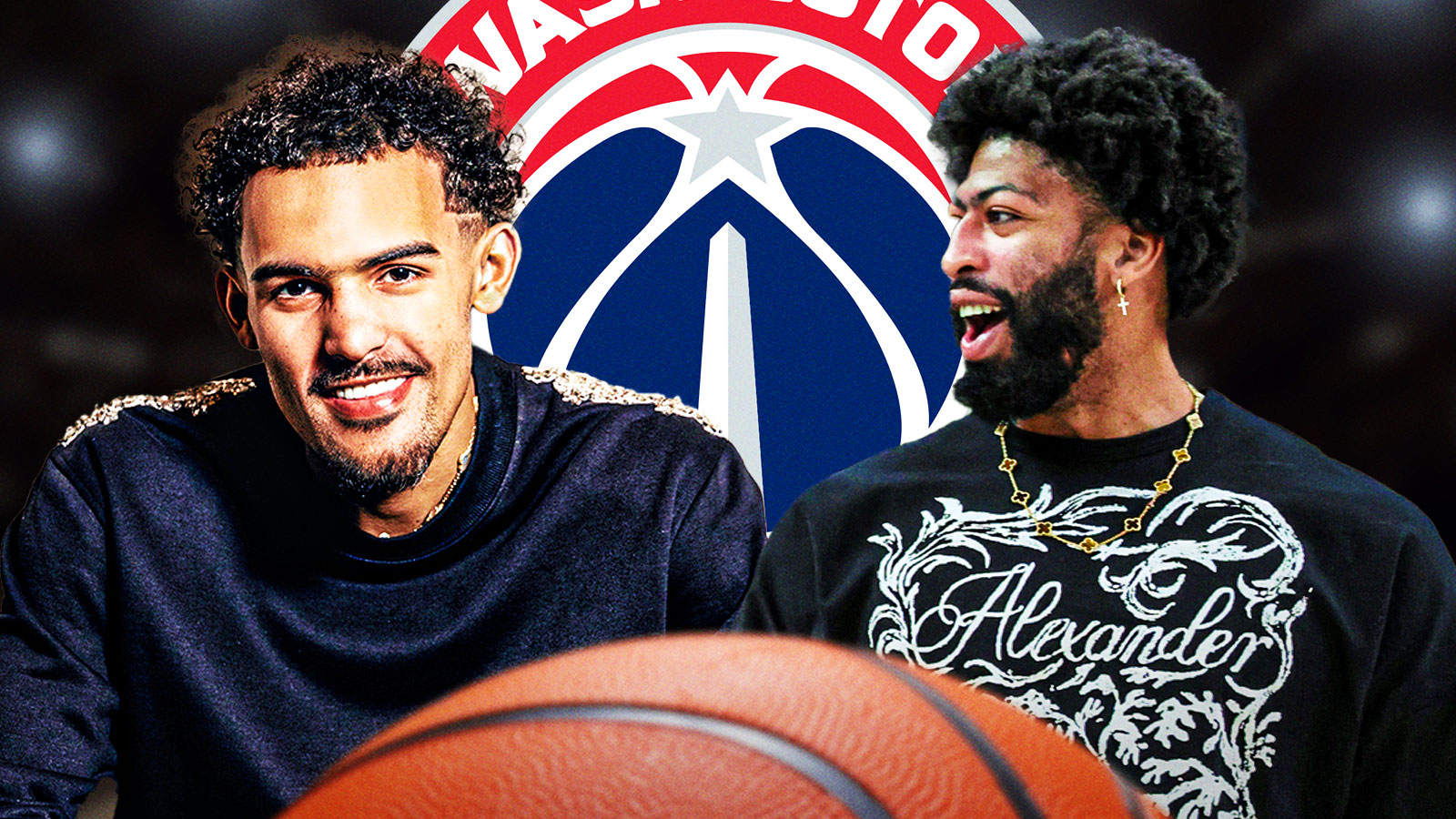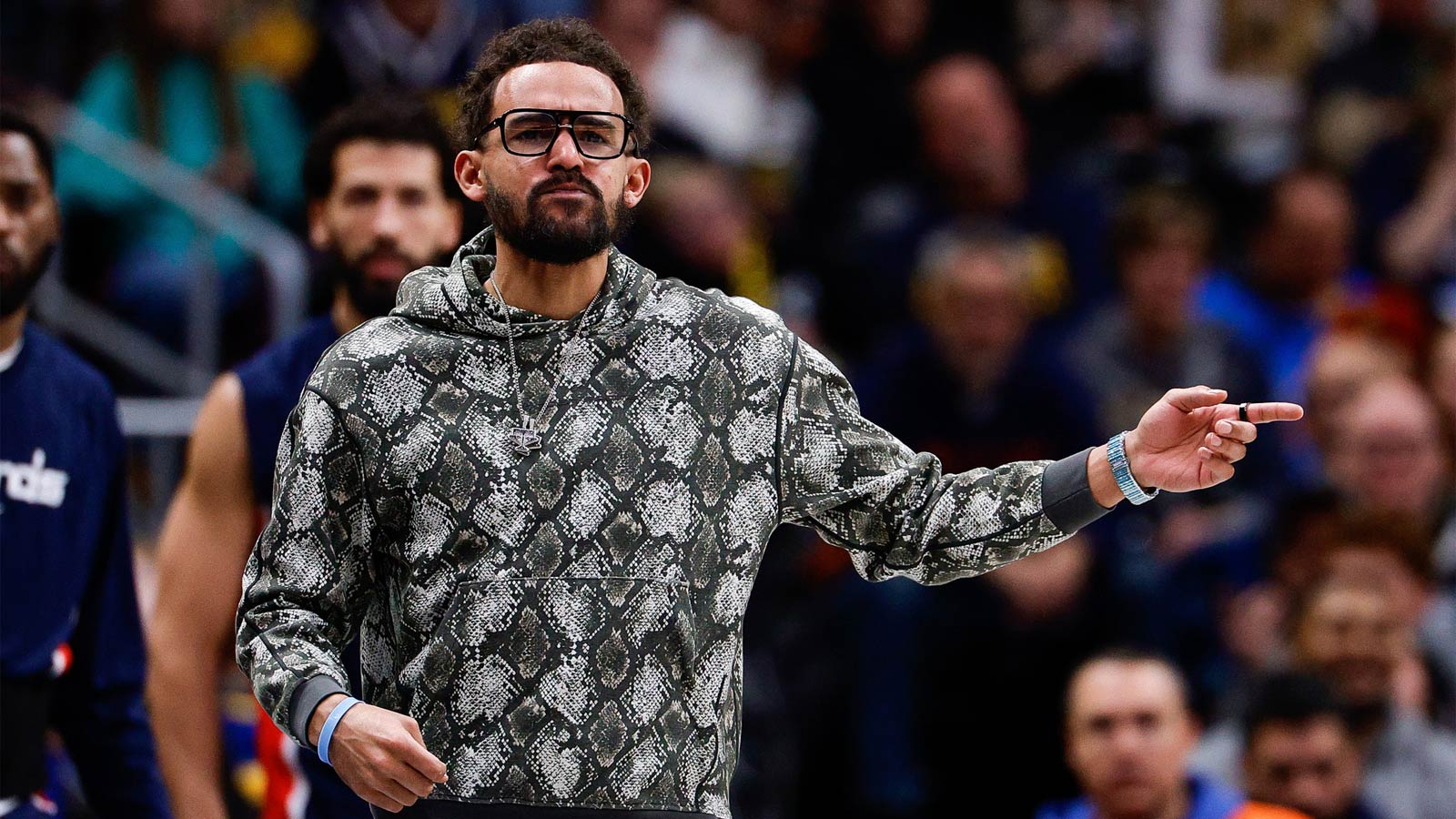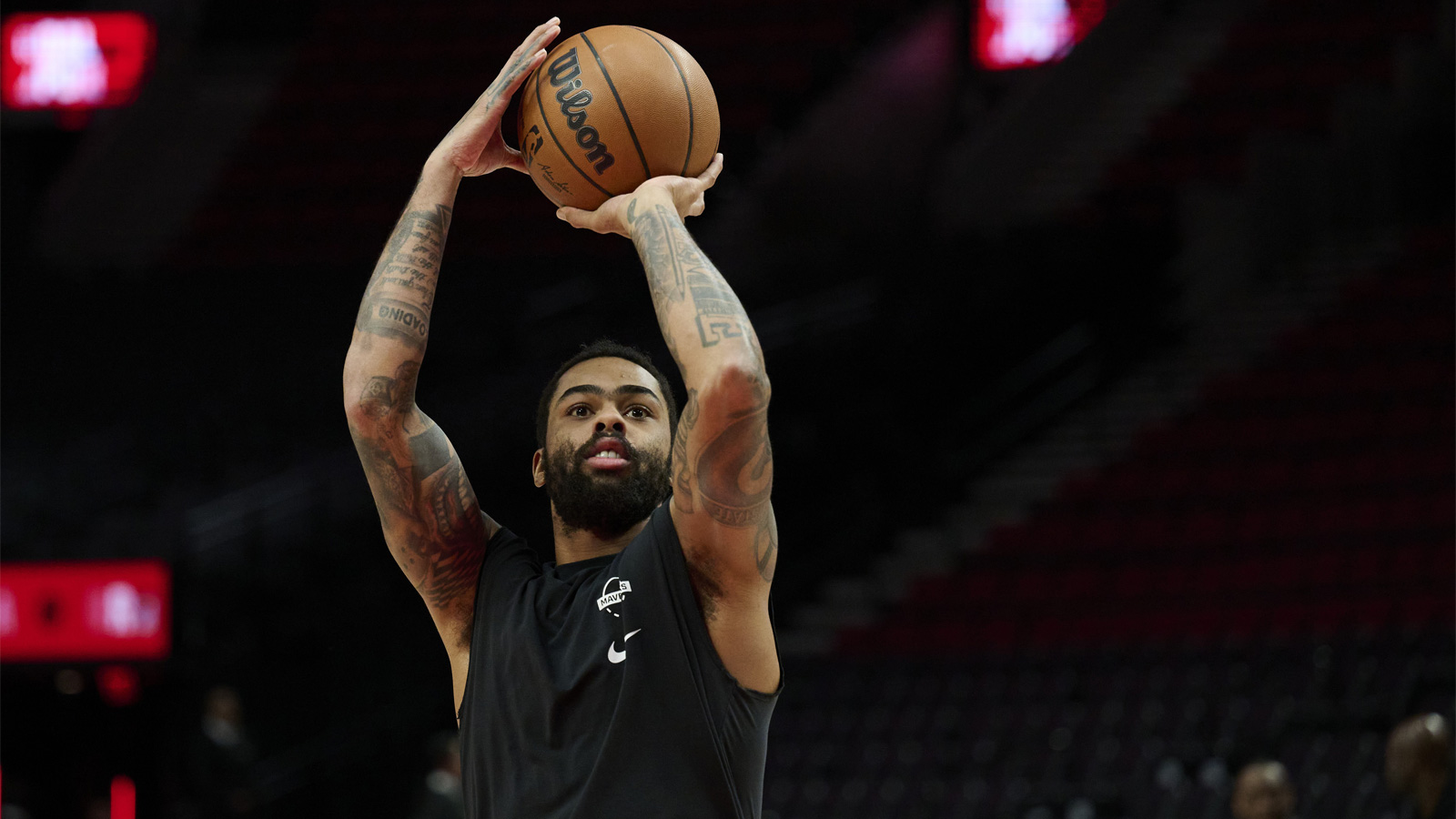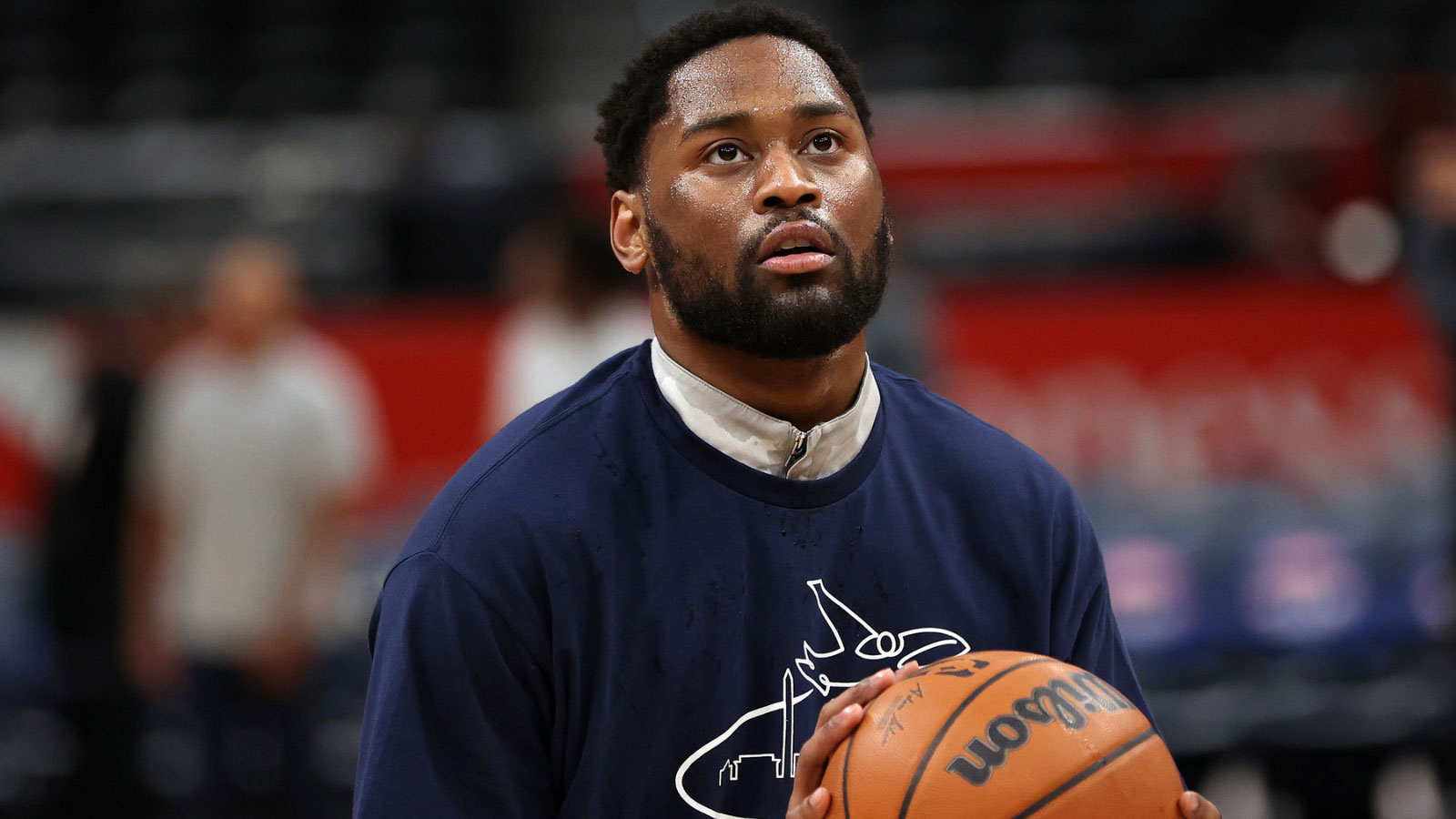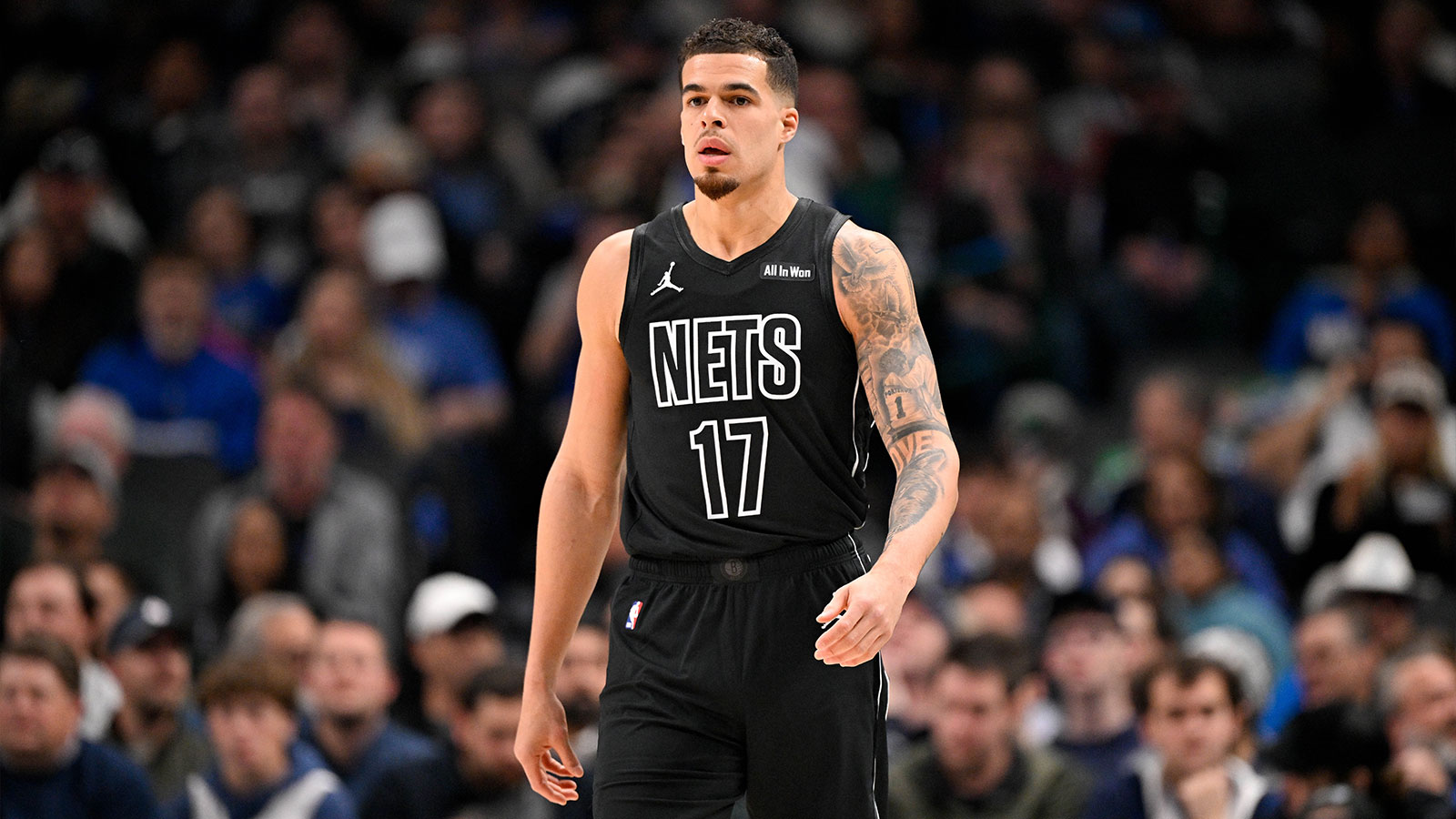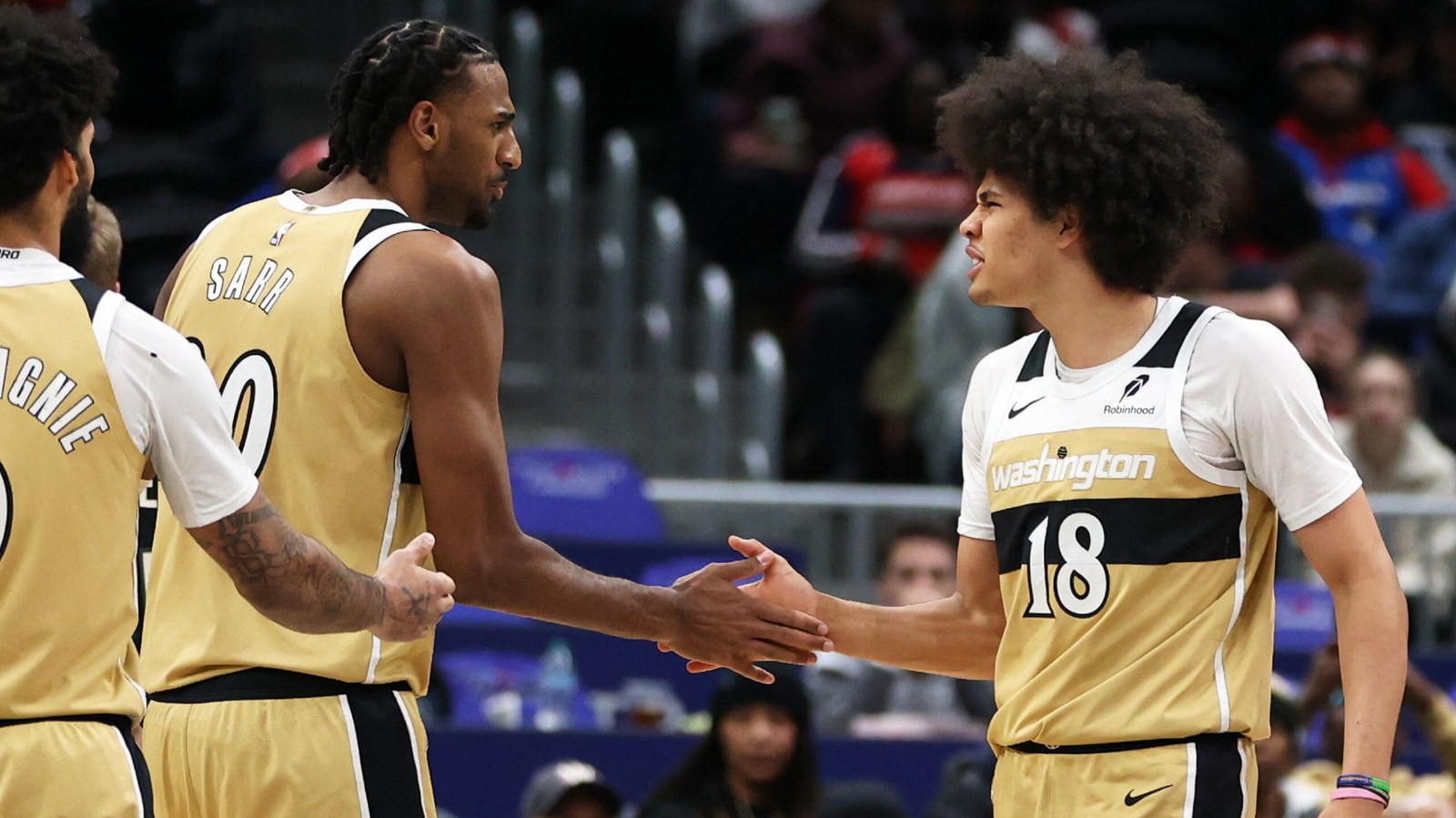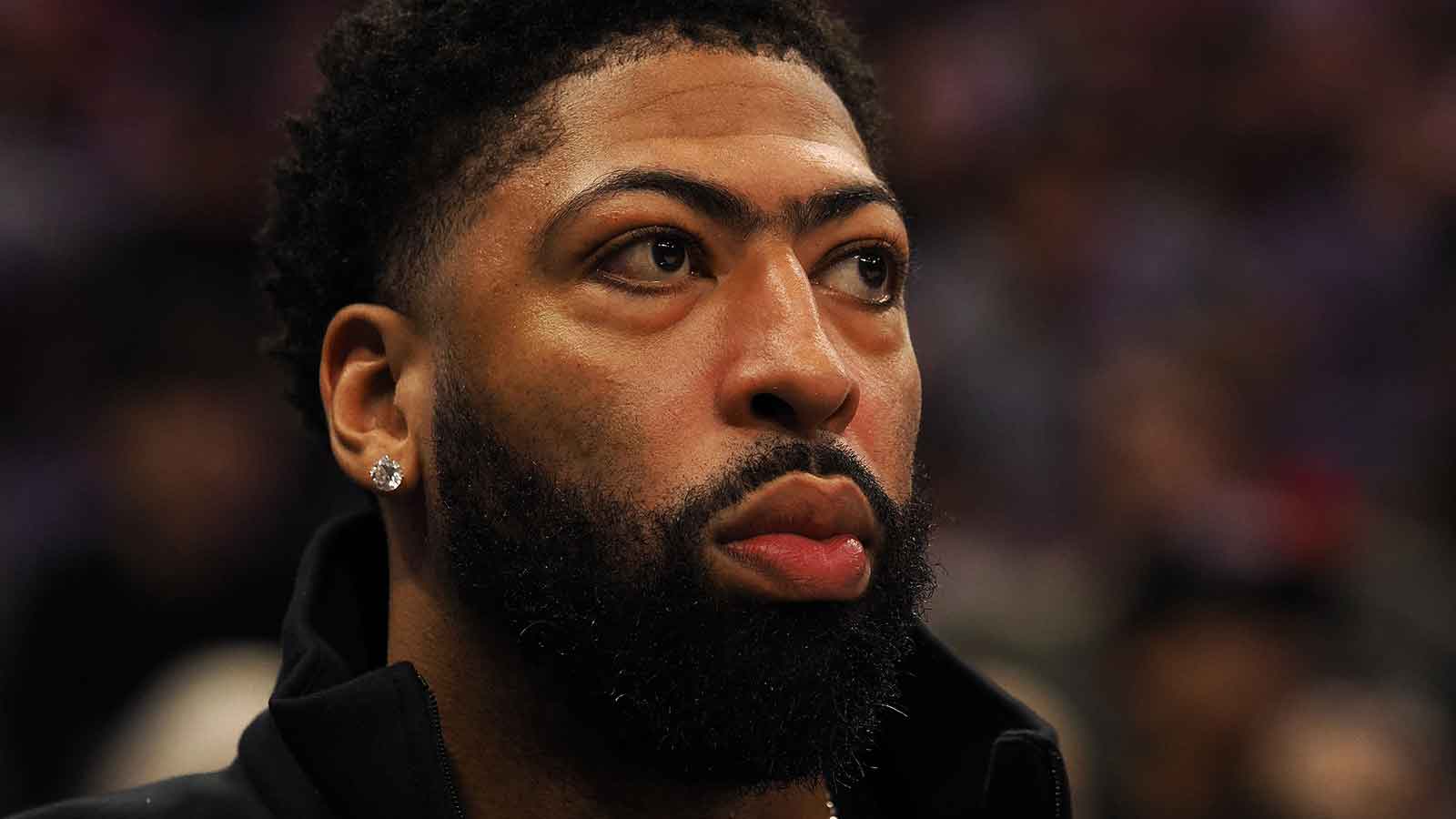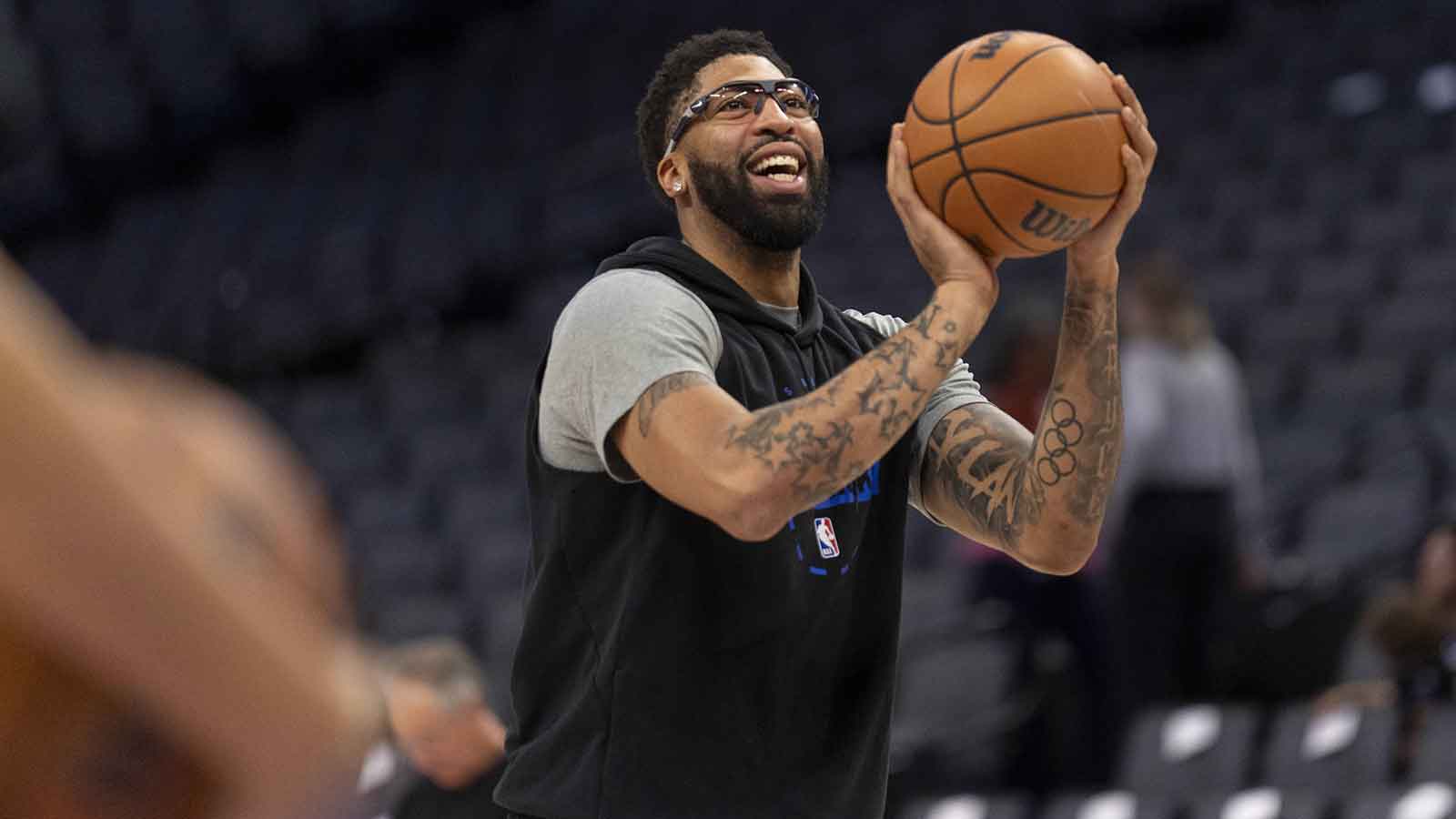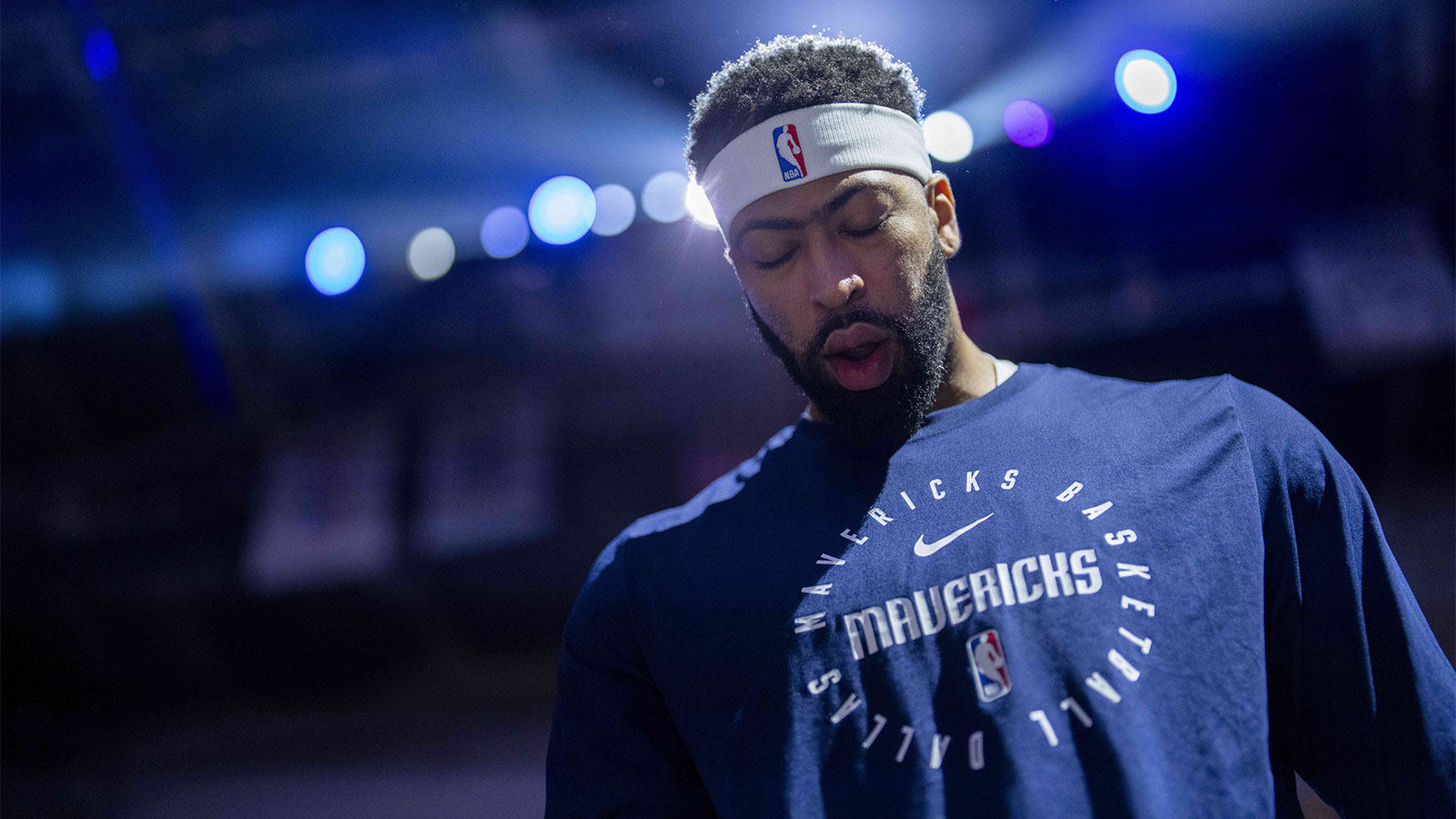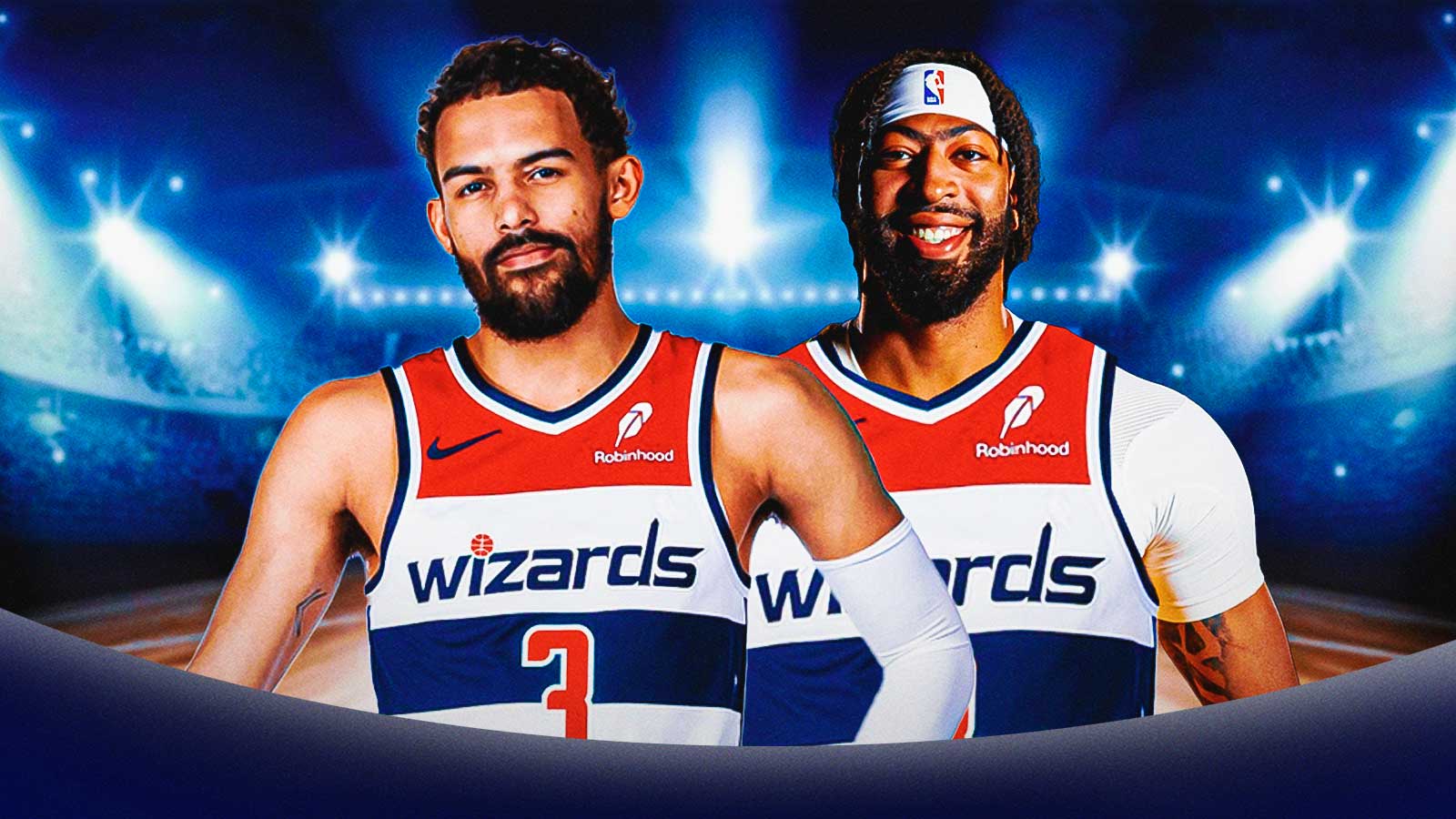The Washington Wizards reminded the NBA world on Thursday why it's important to stockpile second-round draft choices. While the picks individually aren't worth much, the value increases when teams acquire several.
That's what happened with the Wizards-76ers deal hours before the trade deadline. The full details are below, via ESPN's Bobby Marks:
Wizards receive:
2026 first-round pick, least favorable of Oklahoma City Thunder, Houston Rockets (if 5-30), and Los Angeles Clippers
Reggie Jackson (Washington waived him shortly after making the deal)
Sixers receive:
2027 second (most favorable of Golden State Warriors and Phoenix Suns)
2028 second (Golden State)
2030 second (most favorable of Phoenix and Portland Trail Blazers)
2030 second (Washington)
Jared Butler
The first-round pick's “least favorable” stipulation could make it end up near the No. 30 spot, but it's still valuable, via Monumental Sports Network's Bijan Todd.
“Even if this could be the 30th pick in the 2026 draft (because it could be the Thunder’s pick), having a first-rounder in any case is a good bargaining chip for the Wizards to have,” Todd tweeted, “As in ‘look at this shiny first round pick we have' if they try to include it in future dealings.”
With that in mind, how did Washington do in this deal?
Wizards trade grade: A

Losing Butler is a shame, as he proved to be a capable role player when given the opportunity this season. The 24-year-old is averaging a career-high 6.9 points on 43% shooting with 1.3 rebounds and 2.6 assists across 11.3 minutes per game. However, Washington has a crowded stable of guards, so this deal was a no-brainer.
Statistically speaking, players picked in the first round are more likely to succeed. The pick range within the round makes a difference, as 70% of players picked first overall become stars, while just 6% of players chosen in the 21-30 range become stars, via 82games.com's Roland Beech. Still, while less than half of players picked in the latter range even become role players, second-rounders usually produce either “deep bench” or “complete bust” types, according to Beech's data system.
Therefore, it makes sense to dump several second-rounders for a first, even if the seconds are high in the round. While some second-round picks (such as Butler himself) develop into role players, the Wizards need to focus on foundational pieces for their future, and they're more likely to find those in the first. That's why this trade was a low-risk, high-reward move deserving of an “A” grade.

